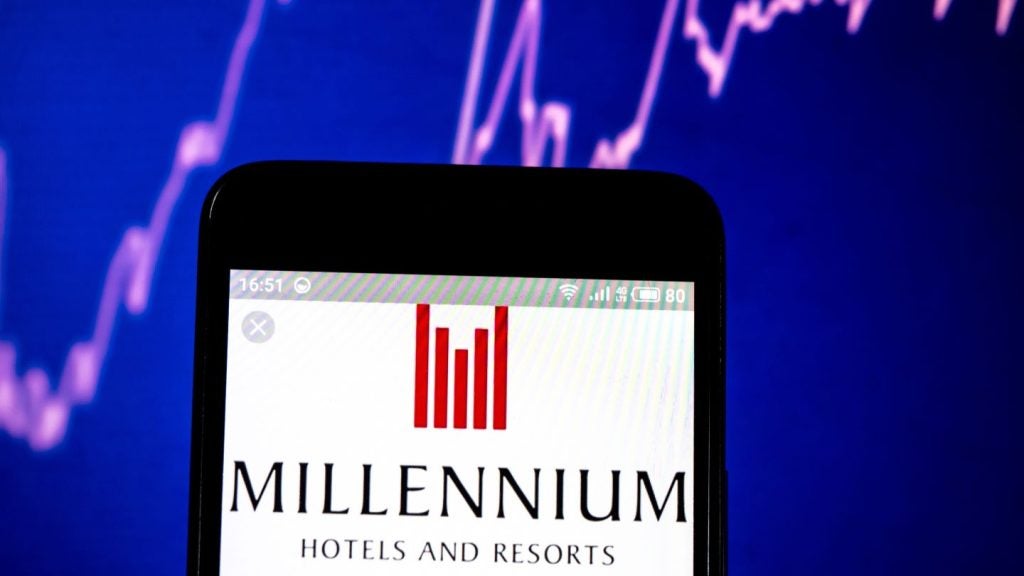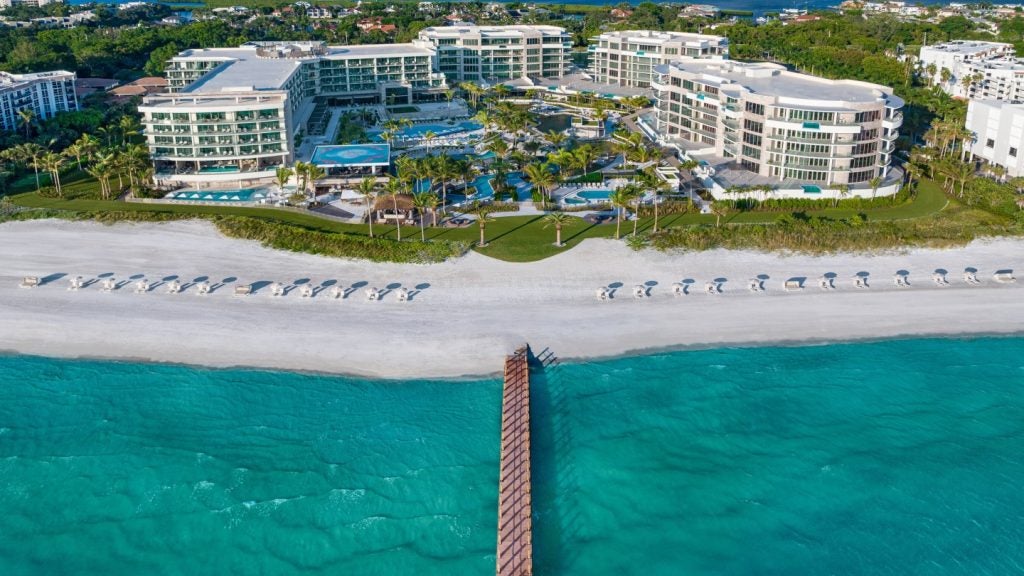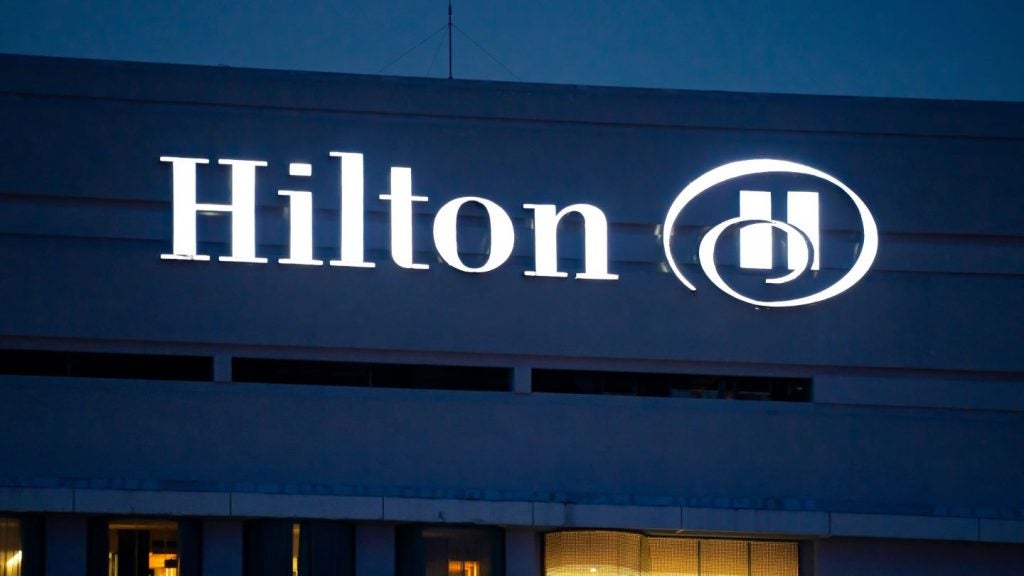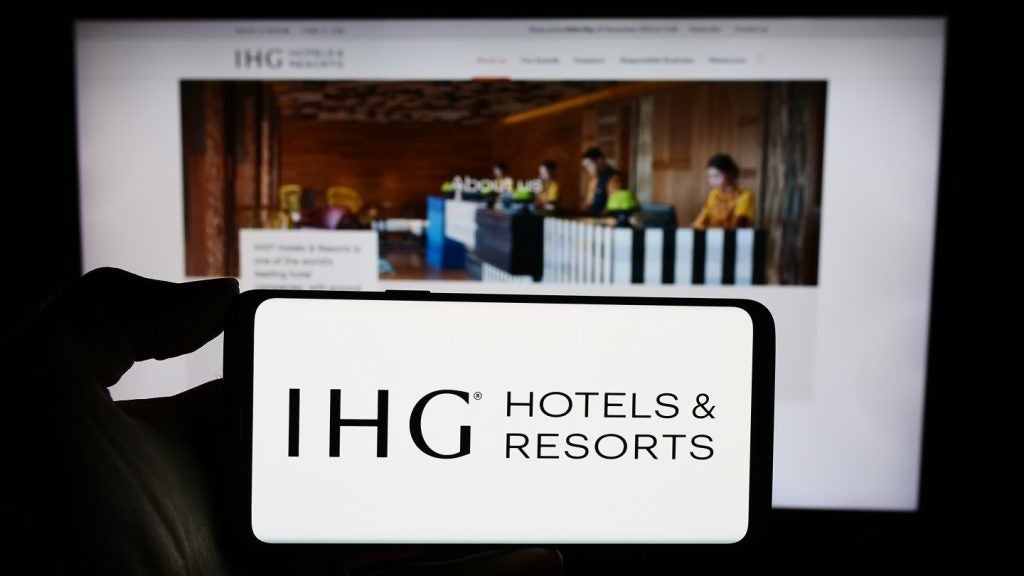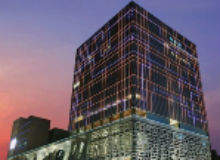
Gerald Lawless has just returned from Berlin’s International Hotel Investment Forum and the Jumeirah Group’s executive chairman is in ebullient spirits. "The best one so far," he enthuses. "You could tell that a lot of optimism has returned to the market. Corporations and individuals want to press ahead and get developing."
Lawless characterises this attitude more than most. Since joining Jumeirah as managing director in 1997, he has developed the group’s hotel portfolio from scratch and led an expansion programme that has seen the luxury brand almost double in size in little more than a year. No wonder he radiates such bonhomie.
It is just over a decade since Jumeirah launched its first property outside Dubai, taking over the management of London’s Carlton Tower in late 2001. Back then, the operator was predominantly known for Burj al Arab, the luxury property famously billed as being "the world’s first seven-star" hotel and cited by many critics at the time as the apogee of a ‘bling’ culture that celebrated lavish consumption ahead of taste.
That such criticism emanated almost exclusively from traditional markets threatened by the seemingly inexorable rise of the emirate – and completely ignored the fact that Jumeirah was not behind the seven-star claims – suggested a strain of snobbery that has existed for as long as old money has encountered new. Those voices are now conspicuous by their absence, as Lawless has leveraged the iconic power of his flagship property, and the clout that comes with being backed by the Dubai Government, to grow the brand both within the UAE and overseas.
The small matter of an unprecedented global financial crisis may have temporarily slowed his march, but the opening of seven luxury properties in 2011 – and, at last count, 17 projects currently under development across 13 countries – indicates that things are back on track.
"Like everyone else we have been at the mercy of the markets," Lawless insists. "Our development model outside the hotels we own here in Dubai is very much on a management contract basis and the group remains asset light. If there aren’t developers out there building hotels it becomes that much more difficult to grow the brand. But that’s not a problem we’ve encountered over the past few months. In fact, we’ve had quite the opposite experience."
How well do you really know your competitors?
Access the most comprehensive Company Profiles on the market, powered by GlobalData. Save hours of research. Gain competitive edge.

Thank you!
Your download email will arrive shortly
Not ready to buy yet? Download a free sample
We are confident about the unique quality of our Company Profiles. However, we want you to make the most beneficial decision for your business, so we offer a free sample that you can download by submitting the below form
By GlobalDataEuropean expansion
A growing European presence is perhaps the strongest indicator of this shift. In addition to two long-standing London properties, a Frankfurt hotel opened its doors in August 2011 and Jumeirah took on the management of Rome’s Grand Hotel via Veneto earlier this year. Grosvenor House Apartments, ‘hotel residences’ in London, were launched in February by Jumeirah Living, the group’s luxury brand of serviced residences, while a Mallorca resort, Jumeirah Port Soller, debuts this April. Furthermore, an agreement to manage Istanbul’s historic Pera Palace Hotel – Lawless was "in deep discussions" about the deal at the time of our interview – has just been confirmed.
A focus in Europe that had centred on gateway cities makes the Mallorca development particularly intriguing, but Lawless is keen to stress that it fits neatly into the group’s master strategy. "Jumeirah started with a resort property, so it’s nothing new to us," he begins. "We also have an established European customer base – German and British guests combined still constitute the biggest market segment entering our properties here in Dubai – so there’s real brand awareness among key feeder markets. It all joins up quite neatly."
Whether this established demographic will remain Jumeirah’s largest group for long is open to debate. Lawless acknowledges that European recovery remains "sluggish", and the guest mix coming into the emirate has undergone a significant shift over recent years.
"Dubai tourism is driven in part by the growing penetration of Emirates Airlines into new markets around the world," he begins. "Its growth heightens awareness of Dubai as a destination and the profile of our brand worldwide. We’re receiving Russian guests all year round, for example, and they’re getting very close to challenging the numbers we see from the UK.
"North America is also emerging. Emirates now flies non-stop to Seattle, Los Angeles and San Francisco, as well as Houston, Dallas, New York and a few weekly services to Toronto. Jumeirah still has just the one American property, Essex House in Manhattan, but we’re certainly keeping our eyes open," he adds.
All eyes on China
Lofty ambitions for Europe and the US feel like a throwback to those halcyon pre-recessionary days, and there are also projects under development in destinations as far flung as the West Indies, Morocco, Azerbaijan and Indonesia. Talk about growth for long enough, however, and Lawless, like every other leader of a multinational hospitality group, soon turns to China.
Jumeirah opened a Shanghai property last year and has five under development in Sanya, Guangzhou, Hangzhou, Macau and Qiandaohu. The executive chairman alludes to "plenty more under discussion", listing Beijing, Dalian, Tianjin and Chengdu as desired bases, and clearly sees plenty of scope for growth. "China is extremely exciting and we’re confident we can sustain this level of development," he says. "We went through it all with Dubai; people said for years that we should stop building, but we kept at it and kept on being successful."
Lawless cites Chinese recognition of the UAE with Approved Destination Status, and the efforts of Prime Minister Sheikh Mohammed in developing relations, as providing the foundations for such expansion. Over the most recent Chinese New Year, the majority of guests at the Burj al Arab had flown in from China, burgeoning business Lawless not only feels will be translated into Jumeirah’s properties across its growing Chinese portfolio, but also worldwide.
"You have this huge domestic market that’s travelling a lot more and loves to buy recognised high-end brands," he explains. "Once we get them in, it can be turned into repeat business and fanned out across our properties."
There may be room in the market for such ambitious expansion plans, but are there the requisite levels of staff to drive it? Underpinning the Jumeirah brand is its Stay Different mantra, a promise to exceed expectation and individually tailor guest experience. It stands or falls on the quality of service and great thought has been given to how to translate this approach into new geographies, where requisite local talent might be limited.
Human capital
One initiative coming into force next year will see Jumeriah’s 300 or so Dubai-based Chinese employees offered the chance to return home on a temporary basis.
"These guys have Jumeirah infused in their DNA and it creates a very powerful tool that enables us to integrate our culture, values, standards and systems from day one," Lawless explains. "While these hotels become established, we’re asking them to return for anything from six months to two years, providing an incentive salary-wise and the guarantee that there’ll be a job waiting for them back in Dubai at the end of their tenure."
With over 10,000 Dubai-based employees drawn from 110 countries, expect to see Jumeirah employing this brand ambassador approach into other virgin territories. The group’s Emirates School of Hospitality Management, established in 2001, also guarantees a steady stream of future leaders, although Lawless is quick to insist that his hotels have to fight for that talent like anyone else.
"Of course we have the inside track on students, but when we set it up we knew the academy’s success would depend upon making our graduates available to all the big hotel groups," he explains. "Players such as Hyatt, Starwood and Kempinski have all been extremely supportive and that helps drive success. It’s a pretty virtuous cycle."
Having launched seven properties last year, and with many more in the pipeline, those looking to further their careers within Jumeirah will not be wanting for opportunities. The next step may be deciding exactly when the group has reached a tipping point in terms of size – after all, a central tenet of the luxury experience lies in its exclusivity.
"I wouldn’t say it’s a question of putting a cap on growth but in the luxury segment you do not expand for expansion’s sake," Lawless responds. "Milestones are extremely important and when we reach 30 operating hotels it will be time to step back and think about the next stage of the journey. I’m sure that the target will then be 50, but it’s vital that we review things in a scientific and strategic way.
"The ultimate goal is for Jumeirah to be recognised as one of the top global luxury hotel brands. In order to achieve that we need the geographical spread and to be represented in key letterhead destinations, be they resorts or cities. We’ve identified a wish list of those on a worldwide basis and there remains some way to go."



